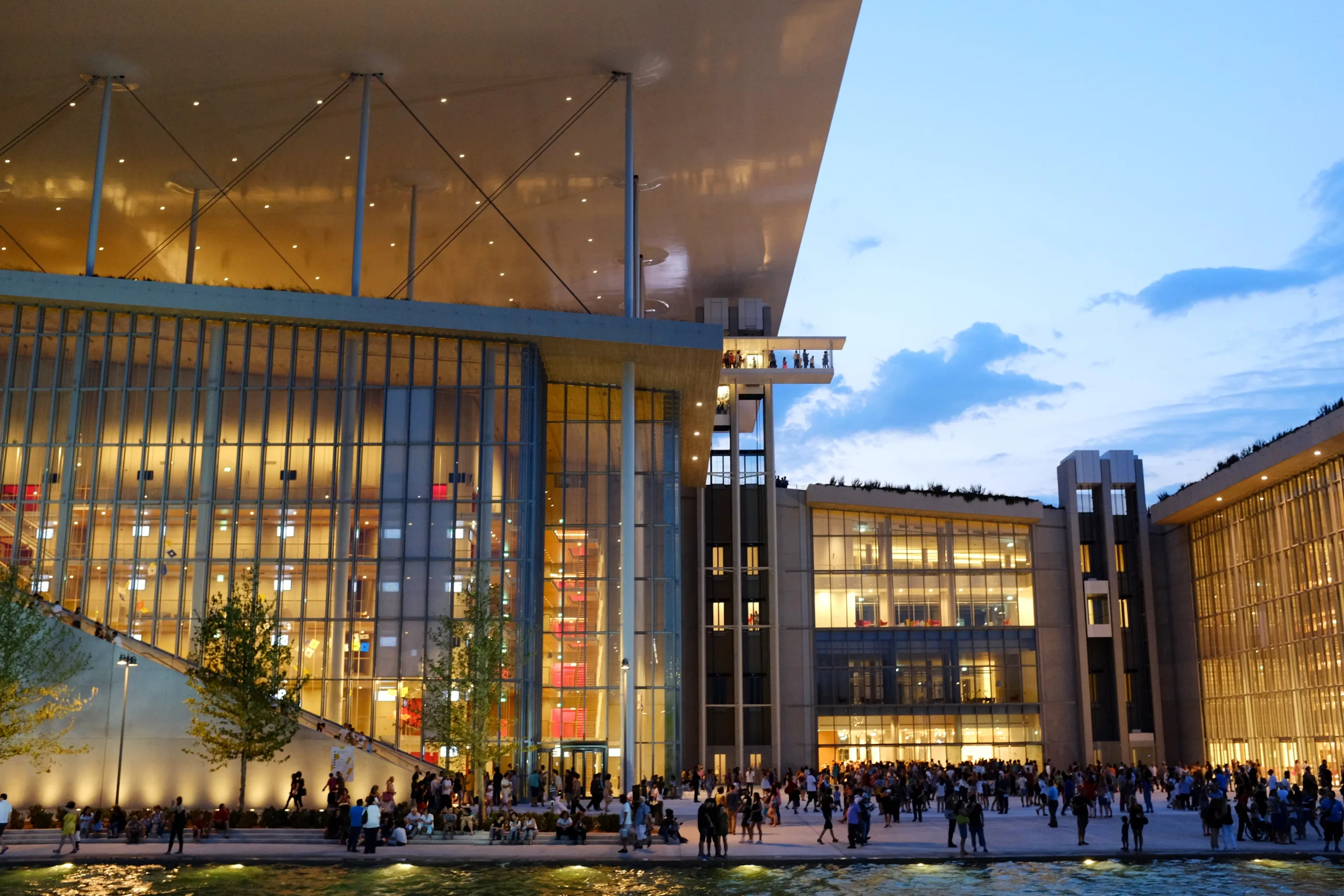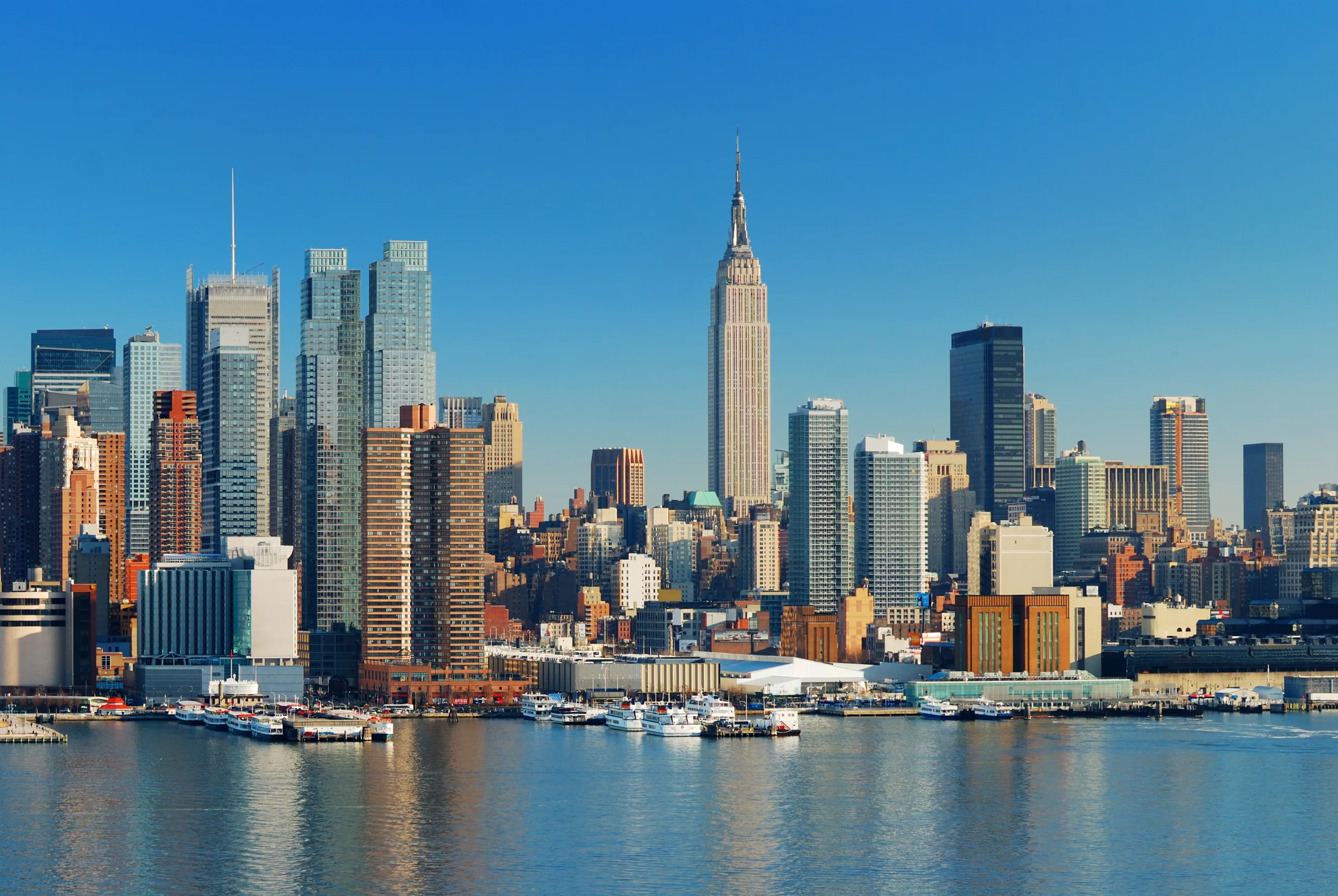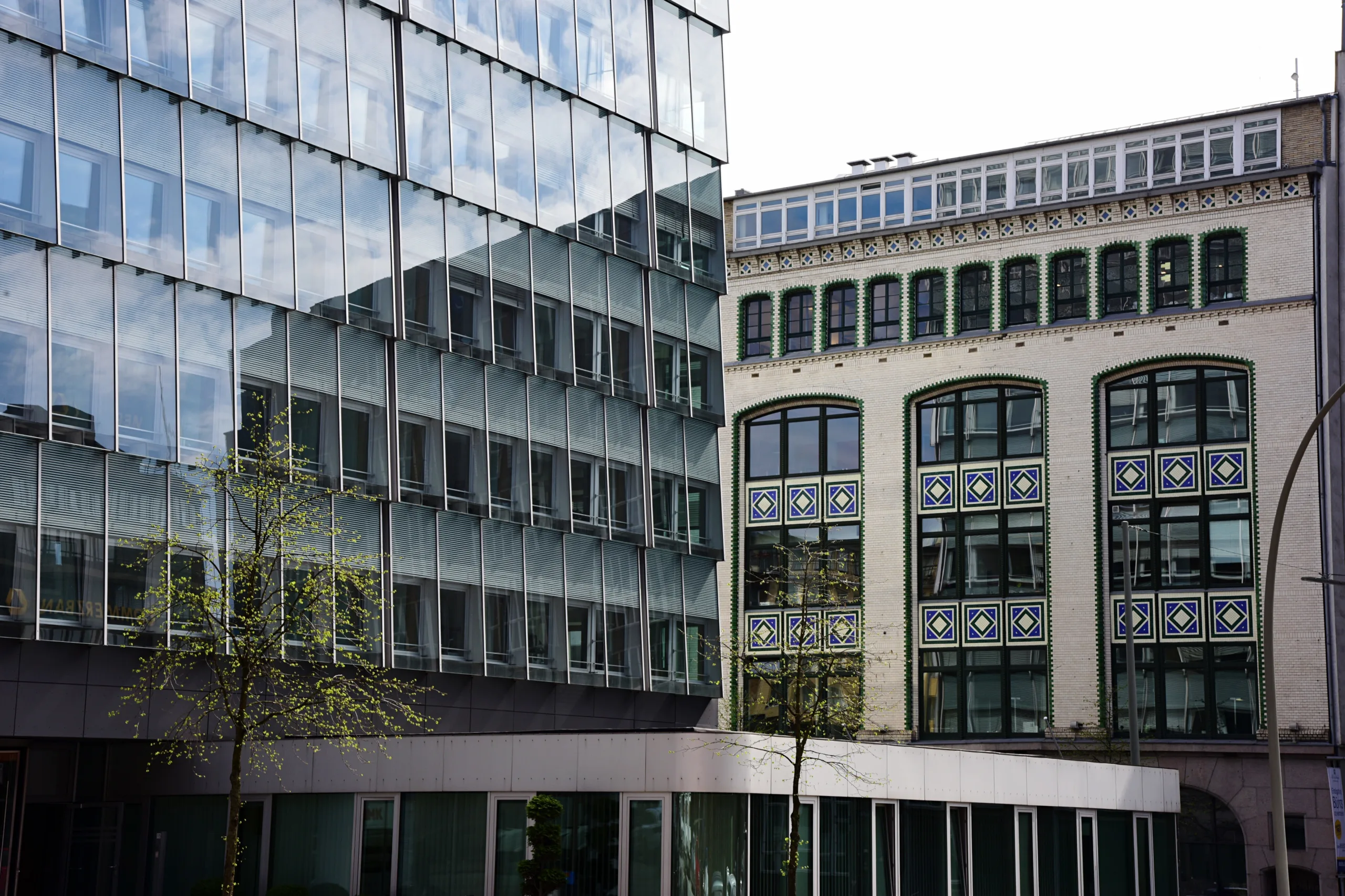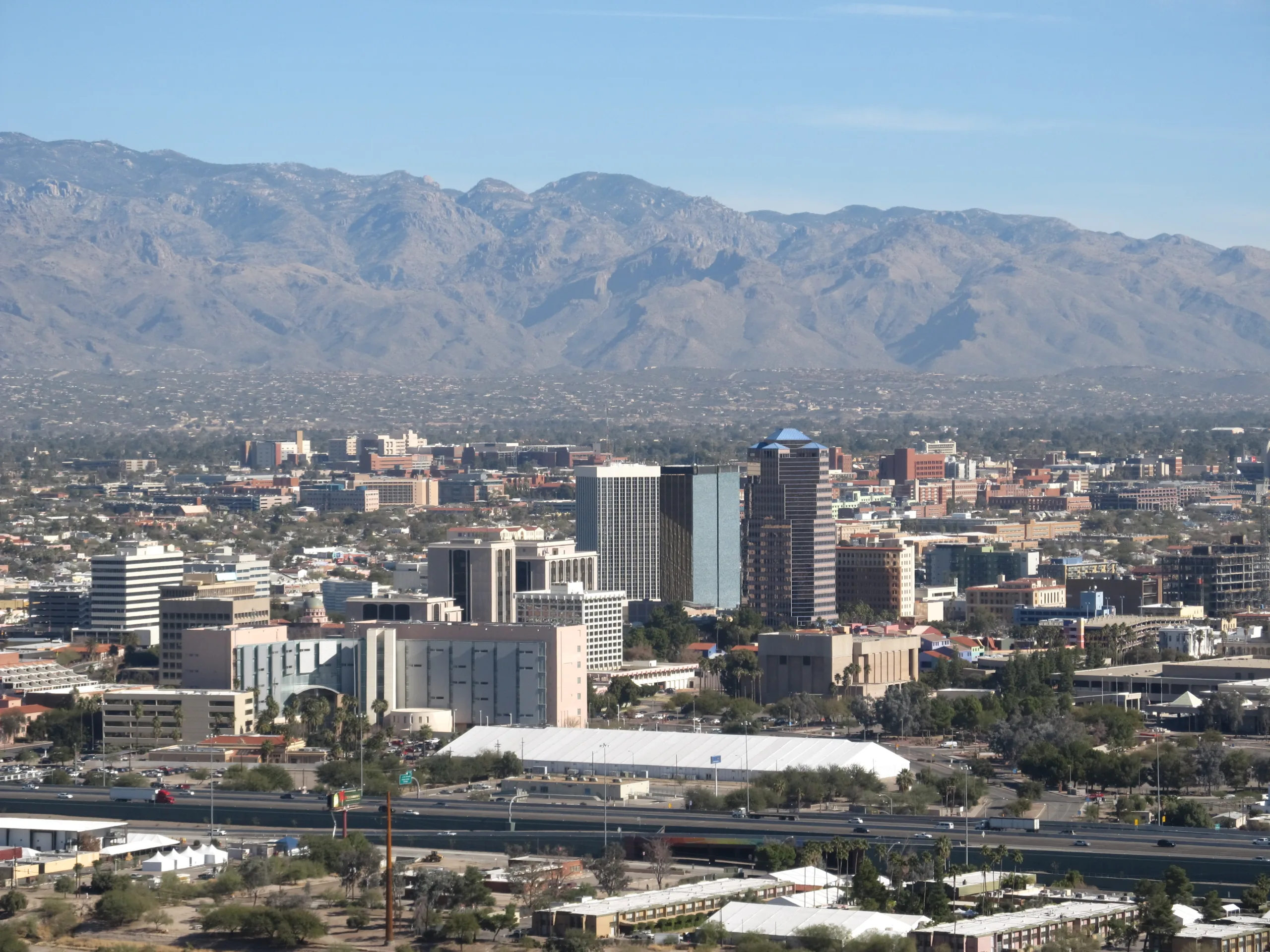- Major US hotel companies, including Hyatt, Marriott, and Hilton, have lowered their 2025 revenue and earnings outlooks, citing macroeconomic uncertainty and weakening demand.
- A sharp decline in international travel, government-related bookings, and consumer confidence has led to shortened booking windows and higher cancellation rates.
- To manage the downturn, hotel operators are tightening budgets, reducing corporate travel, and focusing on cost containment without compromising revenue-generating operations.
Hospitality Braces For Headwinds
After a lukewarm Q1, the US hotel industry braces for a broader downturn driven by economic uncertainty, reports Bisnow. Leaders from every major hotel brand and REIT have sounded the alarm on earnings calls, citing reduced bookings and diminished visibility into future demand.
Industry-Wide Cuts In Outlook
All five major hotel operators—Hyatt, Marriott, Hilton, Choice Hotels, and others—revised their 2025 guidance downward, particularly on RevPAR (revenue per available room), a key industry metric. Only Host Hotels & Resorts and Ryman Hospitality Properties held their earnings outlooks steady.
“Near-term demand is definitely disrupted,” said Hyatt President Mark Hoplamazian, noting that short-term bookings have fallen off, especially at US resorts.
Get Smarter about what matters in CRE
Stay ahead of trends in commercial real estate with CRE Daily – the free newsletter delivering everything you need to start your day in just 5-minutes
Demand Drags And Booking Behavior
CBRE data reveals that March marked the first month since February 2021 where fewer people flew in the US year-over-year—another sign of the growing hotel downturn. International travel dropped 11.6% during the same period, and executives like Arlo Hotels President Jimmy Suh called it a “main concern.”
Shortened booking windows have become the norm amid the downturn. RLJ Lodging Trust reported that 58% of bookings now occur within seven days of check-in—up from 51%. Summit Hotel Properties says 60% of guests book within two weeks of arrival.
Government Travel Takes A Hit
Travel funded by government agencies is declining faster than other segments. Host Hotels’ CFO Sourav Ghosh attributed over half of its 5% drop in business travel to government cutbacks. Ryman, Pebblebrook, and RLJ also reported cancellations and weaker demand from this segment, which is closely tied to federal budget decisions.
Cost Controls Kick In
Facing reduced revenue amid the hotel downturn, companies are leaning into cost containment. RLJ is implementing incremental cost-saving measures, while Marriott expects an 8%–10% drop in G&A expenses through an enterprise-wide efficiency program.
However, operators are trying not to cut costs that directly impact customer experience. Arlo Hotels, for example, is trimming supply expenses but avoiding cuts to marketing or guest services.
In an ironic twist, even hotel companies are dialing back on corporate travel—one of the very segments they depend on. “We’re contributing to the downturn in travel,” Suh admitted, after cutting back on trade shows and departmental trips.
Why It Matters
The hospitality sector often feels macroeconomic shifts faster than other real estate classes due to its reliance on short-term, discretionary spending. With high interest rates, low consumer confidence, and geopolitical uncertainty all converging, the hotel downturn is pushing the industry into a defensive stance heading into the rest of 2025.
What’s Next
Hotel operators are expected to maintain a conservative posture through year-end, closely monitoring travel trends and cost controls. Analysts say any economic rebound or international demand resurgence could help the industry regain momentum. But until then, amid the ongoing hotel downturn, the message from executives is clear: cautious optimism is giving way to fiscal restraint.

















